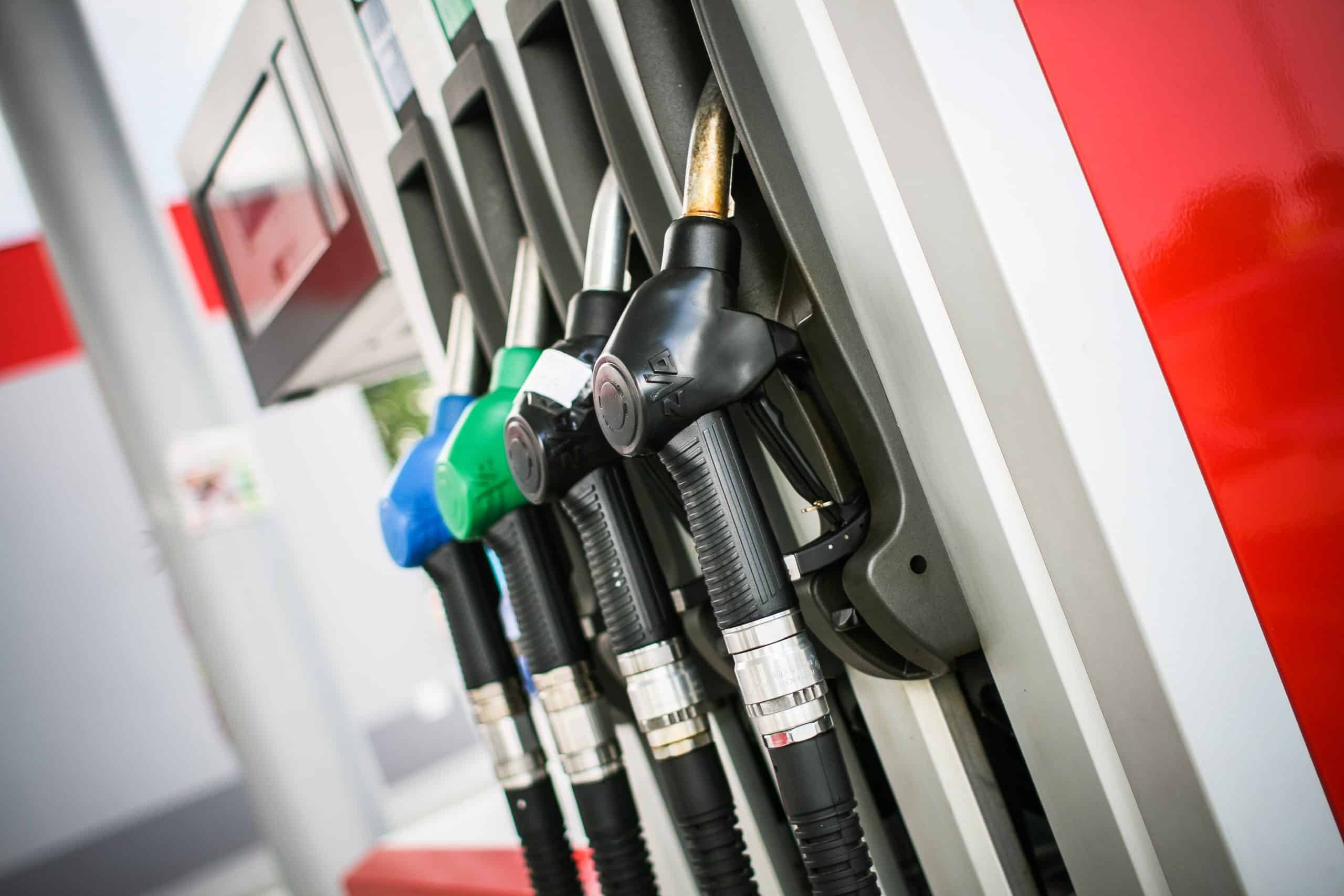E10 Petrol: Everything You Need To Know
Fuel pumps across the UK have switched to E10 petrol as the new standard grade of fuel. But what is E10 fuel exactly? And how will it affect your car?
What is E10 petrol?
E10 is a motor biofuel made up of 90% regular unleaded petrol and 10% ethanol. In contrast, standard E5 petrol contains up to 5% ethanol and 95% unleaded.
As you’ve guessed, the ‘E10’ name refers to the increase of 10% of renewable ethanol mixed in the fuel. Ethanol is a form of alcohol created from plants such as sugarcane that makes petrol more carbon neutral.
Can my car use E10 petrol?
Yes – if your car was built after 2011. Every car built since 2011 has been required to support E10 petrol.
Even if your car was built before 2011, it’s likely that you can still use E10 petrol. In fact, almost 95% of petrol-powered vehicles currently on UK roads will be able to use E10.
However, if your car was built before the early 2000s, there’s a chance it won’t be compatible with E10 petrol.
How can I check?
Simply visit the government’s online E10 Vehicle Checker. Models incompatible with E10 fuel will be listed here.
Which cars cannot use E10 petrol?
The Department for Transport estimates that between 600,000 and 700,000 cars on UK roads cannot support the new E10 fuel.
In addition, a recent RAC Foundation study found several UK-registered car models to be incompatible with E10. These include:
- VW Golf (28,066 vehicles)
- MG MGB (20,890)
- Mazda MX-5 (18,162)
- Nissan Micra (15,785)
- Morris Minor (12,796)
- Rover 25 (9,879)
- MG MGF (9,352)
- Ford Escort (8,947)
- Rover Mini (7,614)
- MG TF (7,568)
What if my car can’t use E10?
Don’t worry, E5 fuel will still be available in a premium grade, although it will be slightly more expensive – around 12p per litre more.
The government has hinted that E5 fuel could be removed entirely from UK forecourts by late 2026. After this date, drivers may be forced to use protective fuel additives.
What happens I fill my car with E10 by mistake?
Fear not. Cars that aren’t compatible with E10 petrol will not sustain any long-term damage, so there’s no need to panic.
All you need to do is top-up your car with E5 (super) once your tank is one third used and then remember to use the correct fuel next time.
What if I own a classic car?
The general advice is that any car registered before 2001 may be at risk if they start using E10 petrol.
RAC fuel spokesperson Simon Williams stated: ‘Owners of classic cars need to be particularly careful not to fill up with E10 and then leave it sat in the tank for long periods, as this will likely lead to expensive damaged seals, plastics and metals.’
Classic car owners already using special fuel additives should be fine, but if in doubt check your model for compatibility.
Is E10 petrol more expensive?
No. The new E10 fuel will not be more expensive than the outgoing E5.
However, you will probably see a very small drop (about 1%) in your average fuel economy because the extra ethanol in E10 is less energy dense than E5 petrol.
Why the switch to E10 petrol?
The introduction of E10 will help cut emissions and brings the UK in line with other countries such as France, Germany, Australia and the United States.
It’s estimated that E10 could reduce CO2 emissions by 750,000 tonnes per year. This is the equivalent of removing 350,000 cars off UK roads.
The switch to E10 will also help the UK reach its Net Zero target by 2050.
Will E10 be sold everywhere in the UK?
The vast majority of UK forecourts have already switched to E10. However, the government says some “rural, remote or very small filling stations” will continue to sell E5 for the time being.
In Northern Ireland, the switch to E10 is expected to take place in early 2022.
Is E10 petrol available outside the UK?
Yes. E10 is widely used in 14 European countries: France, Germany, Finland, Denmark, the Netherlands, Belgium, Bulgaria, Hungary, Latvia, Lithuania, Luxembourg, Estonia, Romania, and Slovakia.
How can Copart help?
At Copart, we are specialists in solving remarketing challenges for our customers. With the RAC estimating that over 600,000 vehicles will be incompatible with the new unleaded petrol grade, our specialist global buyer base presents a unique opportunity for those affected vehicles to be sold to the right audience, at the right price.
Do you have vehicles to sell that are affected? Get in touch using the form below, and one of our team will be in contact to see how we could help.


